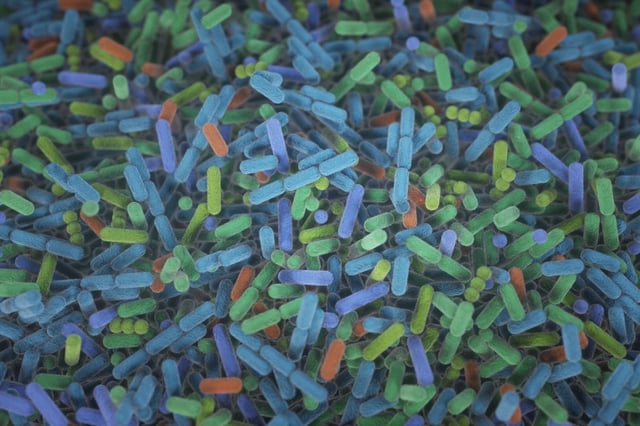Overview
- Scientists from Murdoch University and other institutions have identified the 'sexome,' a unique bacterial signature in the genital microbiome that transfers between partners during intercourse.
- The study suggests that these microbial traces could help identify perpetrators in sexual assault cases, even when condoms are used or DNA evidence is absent.
- Researchers analyzed genital swabs from 12 heterosexual couples before and after intercourse, finding that bacterial transfer occurred regardless of factors like condom use, circumcision, or pubic hair presence.
- The study highlights the potential of microbiome analysis to extend the window for detecting evidence beyond traditional DNA methods, which are most effective within 24 hours post-assault.
- Further research is needed to refine the technique, understand the persistence of transferred bacteria, and explore its application in diverse populations and scenarios.



